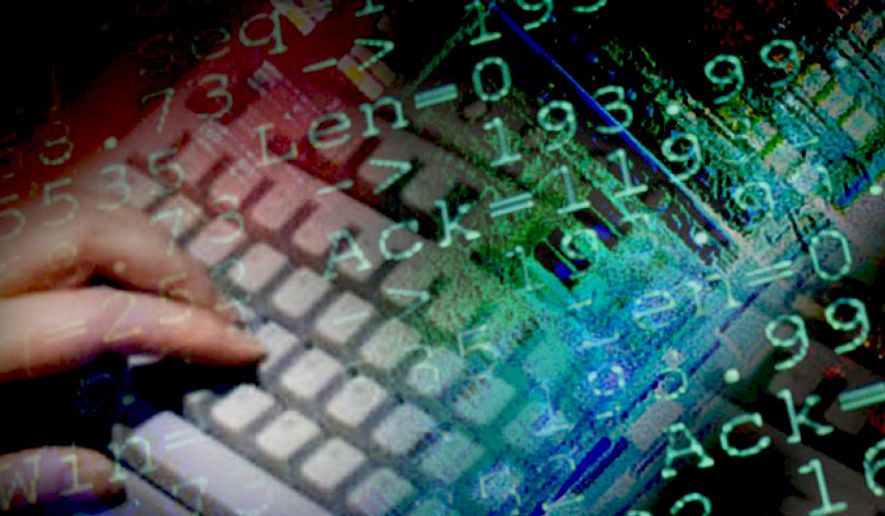Patrons were unable to borrow books throughout the entirety of the St. Louis Public Library System this week after its computers were sidelined by a ransomware infection.
A “ransomware attack” took hold of the library system’s server late Wednesday or early Thursday, preventing individuals from accessing computers or borrowing books and other material from any of the institution’s 16 branches, spokeswoman Jen Hatton told reporters.
“Our website is not affected, fortunately,” she told a local CBS affiliate. “What it is really affecting is our staff computers and our 700 public computers throughout our branches.”
The FBI believes internet-enabled extortionists generated upwards of $1 billion in illegal profits during 2016 as a result of an emerging type of malware that lets hackers remotely infiltrate vulnerable computers and hold their contents for ransom.
According to CNN, the apparent perpetrator behind the St. Louis hack told the library it would have to pay around $35,000 in Bitcoin to have its compromised server restored to normal.
Ms. Hatton said the library refused to pay, however, and worked with tech experts throughout the evening before regaining control of the server late Friday morning, the St. Louis Post Dispatch reported.
Nonetheless, a warning on the library’s website Friday afternoon said that check-out and computer services at all locations remained suspended in the aftermath of the incident.
“For many of our patrons, we’re their only access to the internet,” Ms. Hatton told CNN on Thursday. “This is their only access to a computer. Some of them have a smartphone, but they don’t have a data plan. They come in and use the WiFi.”
“The good news is, St. Louis Public Library does not store patron or staff personal information — or financial information on our server. No data from the public has been compromised in any way,” she added.
Federal investigators are “providing assistance” to the St. Louis library staff “to determine the nature and scope of this incident,” FBI spokeswoman Rebecca Wu told the channel Thursday.
“The compromise of public and private sector systems is something we take very seriously, and the FBI will continue to investigate and hold accountable those who pose a threat in cyberspace,” she said.
The FBI believes has blamed malware with causing an average of tens of millions of dollars in losses each month since 2015 when it began appearing at an unprecedented level on vulnerable computer systems.
The San Francisco Municipal Railroad, “Muni,” was the victim of a ransomware attack in November 2016 that led transit officials to suspend fares and subsequently lose roughly $50,000 in lost ticket sales.
Sen. Mark Warner, Virginia Democrat, raised the incident last week in a letter sent to the the general manager of the Washington Metropolitan Area Transit Authority on the eve of Donald Trump’s presidential inauguration.
“While early reports indicate that the attack on SFMTA may have been opportunistic rather than targeted, I am concerned that WMATA may represent a particularly enticing target for more advanced threats, given its importance to the region and the number of federal agencies that rely on the system to transport their workforces each day,” Mr. Warner wrote.
• Andrew Blake can be reached at ablake@washingtontimes.com.




Please read our comment policy before commenting.